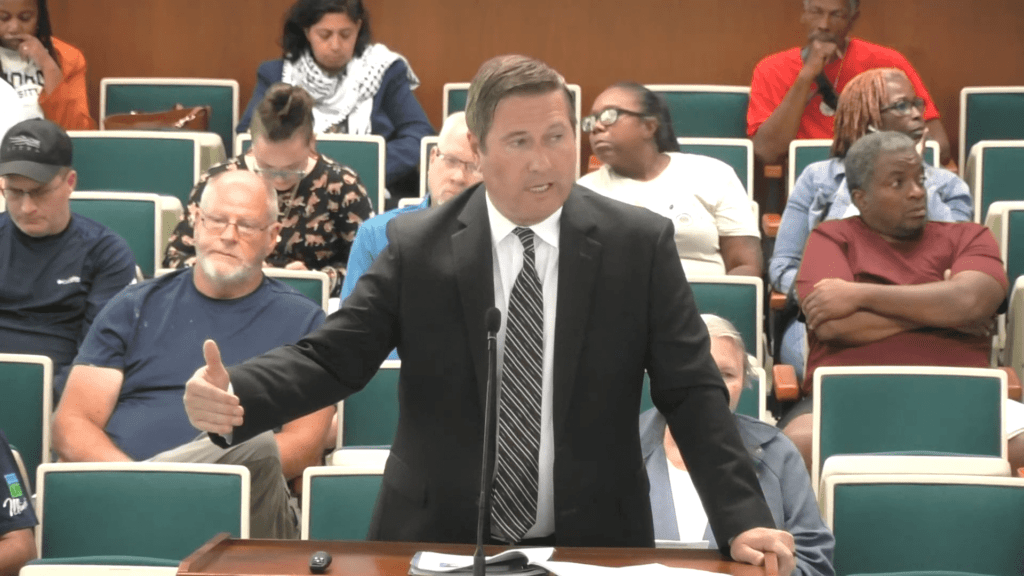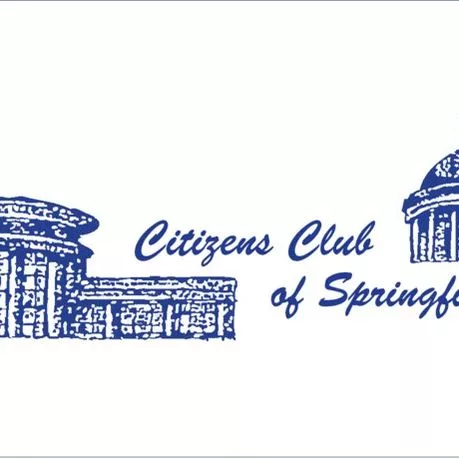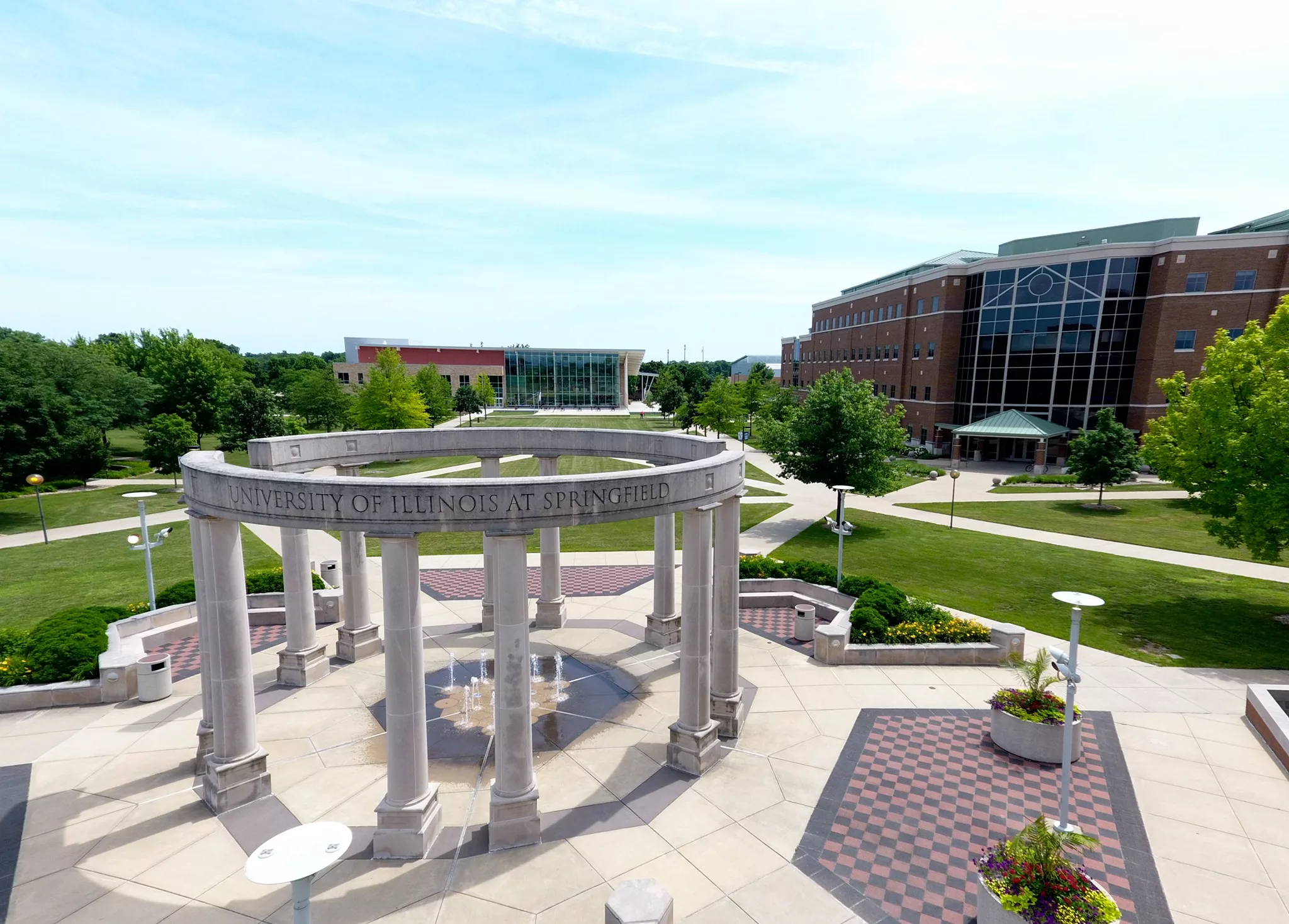The Springfield Committee of the Whole meeting for September 24, 2024 featured a presentation by City Water Light & Power, updating the City on the public utility’s operations and its priorities as the year winds down.
For the water department, the past several months have been bumpy since the Council approved a 32% increase on water rates. Water Division Manager Todd LaFountain reported that after the rate hike was approved, actual water sales fell: the City’s water service earned $2 million less in revenue than in 2023.
“Now, a 32% rate increase is looking more like a 20-25% revenue increase for the department,” said LaFountain.
As far as lead service line replacements go, since the beginning of the current fiscal year CWLP has replaced 130 lead lines. Springfield remains ahead of the national average for replacement rates and is on track to meet a required annual replacement rate of 5% as mandated by state regulations. However, new federal regulations being finalized will require total lead line replacement within 10 years — effectively more than doubling the State’s timetable, which as CWLP argued earlier this year, was a major reason for the total 64% water rate increase which was approved from 2024 through to 2025.
However, the water division did report that blue-green algae blooms on Lake Springfield have been successfully reduced to within safety targets. With the active season for the algal blooms coming to a close, LaFountain is optimistic that the problem has been brought under control.
The electrical department’s presentation was focused on a number of projects under planning: one innovation the utility currently seeks to invest in is a suite of “smart” services for enhanced customer service, including automated bill reminders and expanded methods of payment, with CWLP Director Doug Brown specifically mentioning Apple Pay and Google Pay as examples. The utility will begin accepting proposals on these systems soon.
“Some of these features should also help us reduce call volume as well,” noted Brown, suggesting the technology would help improve operational efficiency.
Director Brown also took the opportunity to remind the Council that CWLP averages between $24 and $44 cheaper on monthly billing compared to average electrical charges across Illinois: the average electrical bill for CWLP over the last 3 years was $100.87 at ¢13.17 per kWh, which is close with the electrical bills of other similarly sized towns across the state and below the national average of ¢16.41 per kWh.
Electric Division Manager Scott Rogers reported that CWLP is still investigating the option of converting Dallman Unit 4 to natural gas. A Request For Proposals is currently out for the construction of a solar and/or battery power storage system, with a total capacity of 25-100 Megawatts of power. Additionally, CWLP has received proposals on Advanced Metering Infrastructure (AMI) systems to allow for expanded capabilities such as faster outage detection, creation of automated load shedding programs, and to also increase availability of data for customers.
The natural gas conversion study in particular looms large over CWLP: under current regulations, the federal government expects the 15-year-old Dallman Unit 4 to be converted to natural gas by 2030, or to convert to co-fired with natural gas by 2030 and then retired in 2039; otherwise the Environmental Protection Agency’s rules require the plant be retired by 2032. The only other alternative with no requirement of early shutdown is to achieve 90% carbon sequestration, which, given the State of Illinois’s current moratorium on carbon sequestration technology, is not currently an option.
Various private utilities and grid operators, explained Director Brown, have begun planning legal opposition to the rules; with the City having recently granted CWLP the requisite funds to explore litigation against the federal EPA over rules on coal plants, the utility seems interested in joining those efforts.
As far as mitigation and closure of the ash pond site goes, Director Brown told Ward 3 Alderman Roy Williams that the federal government has not yet given a timeline on approval for permits.
In all, many of the most potentially expensive decisions facing the City’s utilities are dependent on federal legislation and rules from federal agencies. With the election just two months away, as Director Brown told the Council, many service providers are simply waiting to see what will pass.











